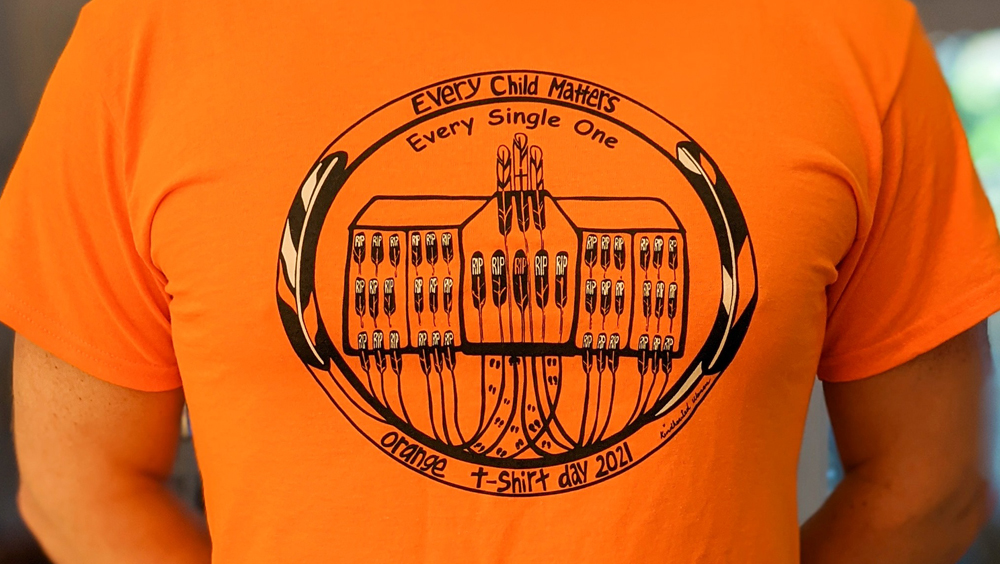
The horrific discoveries of unmarked graves at residential schools are an urgent reminder for all Canadians to work towards truth and reconciliation. We are all treaty peoples and know that our Indigenous colleagues, partners and neighbours are feeling deep pain. Our hearts and condolences are with them. We acknowledge the continuing legacy of colonialism, as we work towards supporting Indigenous sovereignty.
All of us have a personal responsibility for reconciliation. And a critical part of that work is acknowledging and speaking the truth of Canada’s relationship with Indigenous peoples. The truth that these schools were one of many that operated across the country between the 1870s and 1996. And the truth that more than 150,000 First Nations, Métis and Inuit children were torn from their families and sent to these institutions where they were forced to abandon their culture, language and way of life. Many suffered abuse, many disappeared, and many died.
Because these discoveries are only one part of the much larger and heartbreaking whole that is not just our history, but our present. The profound effects of personal and intergenerational trauma continue to cause harm with the descendants of residential school survivors and their communities.
Each and every one of us have a role to play in truth and reconciliation. To honour the lives of these children is to act. And we must, in allyship—as treaty people all. Because it is only by speaking this truth and taking meaningful action to oppose the devastation of colonialism that we can truly move forward in reconciliation.